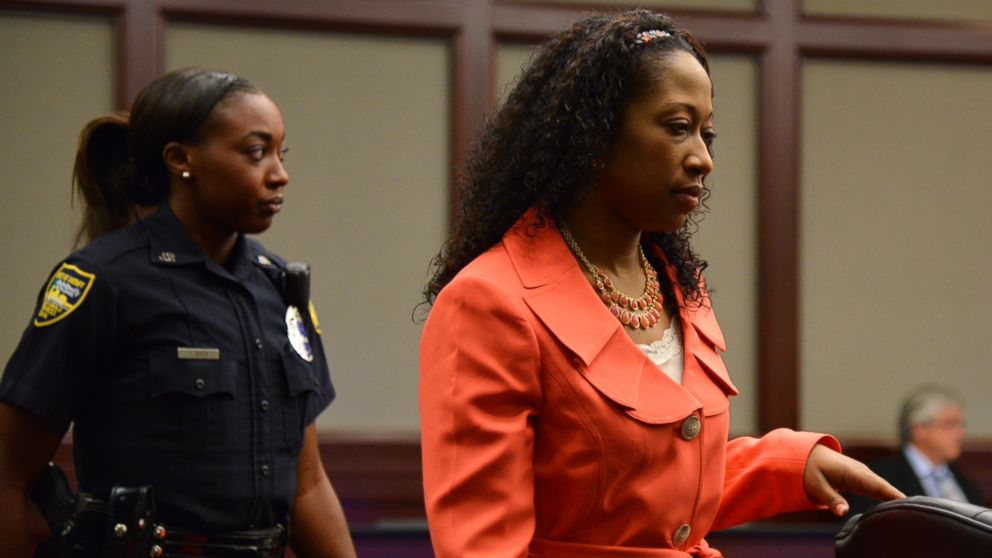Florida Extends 'Stand Your Ground' to Include Warning Shots
June 21, 2014— -- An update of Florida's controversial "Stand Your Ground" law allows Floridians who threaten to use a gun or who fire a warning shot to protect themselves the chance to avoid criminal prosecution.
The change, signed into law Friday by Gov. Rick Scott, was partly inspired by the case of Marissa Alexander, 33, who was sentenced to 20 years in prison after firing a shot during a dispute with her allegedly abusive husband.
Alexander's lawyers attempted to claim self-defense and that it was a warning shot, but the jury found Alexander guilty and she was sentenced to 20 years in prison under Florida's current sentencing rules.
An appellate court later overturned the conviction and ordered a retrial for Alexander.
Alexander's defense team said they are "grateful" for the change in the law.
"We learned today that Governor Rick Scott has signed the corrective Stand Your Ground Bill, which was advanced by the legislature as a result of concern about Marissa's case among others," read the statement. "We are of course grateful for the governor's actions."
Read More About the Controversial 'Stand Your Ground' Law
More Dramatic Testimony in Florida 'Stand Your Ground' Law
Court Overturns Sentence for Woman Who Fired Warning Shot
ABC News' chief legal correspondent Dan Abrams said the changed law will likely mean that "Stand Your Ground" will be applied to more cases in the future.
"The goal was to expand those special stand-your-ground provisions to firing a warning shot, to expand use of it as a tool for people accused of a crime to claim a form of self-defense," Abrams said.
However the new law also had a small language change that could affect how it is applied to certain cases, he said.
While the law previously stated that the a person invoking "Stand Your Ground" had to "reasonably believe it is necessary" to use force to prevent bodily harm, it now reads that to use force or threaten to use force a person must also believe they are in imminent danger.
"A handful are concerned that it's going to be ... a little harder for someone in their own home to invoke the law because the language has been changed," Abrams said.
However, Abrams said that it was only a small minority of people who were concerned about the language change.
"It seems that is not a something that the National Rifle Association is particularly concerned about nor many of the people involved in creating this law," Abrams said.




